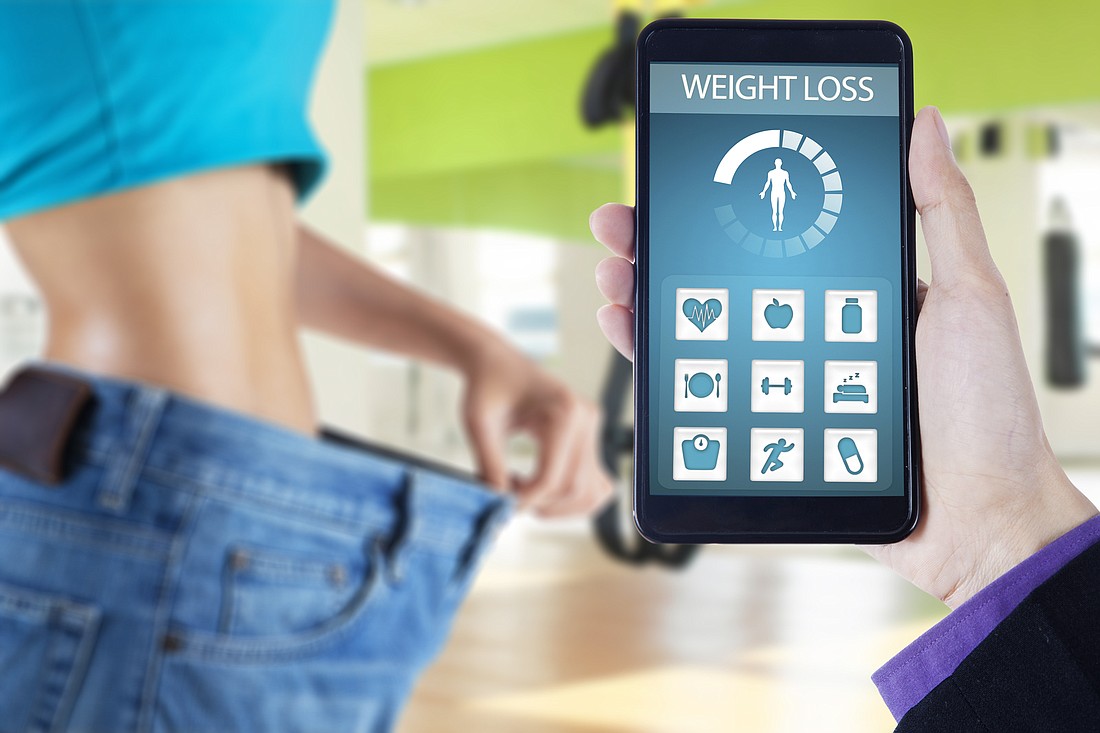- May 2, 2025
-
-
Loading

Loading

The health services world becomes more digital each year — but are any of the most popular services actually worth the cost?
There are loads of options, including Noom and WW, formerly known as Weight Watchers. Noom is about "tricking" your body into better habits while WW focuses on the company's SmartPoints system of determining healthy foods to eat. Every service offers something unique, and some of them can work — but they can also be expensive. Noom can run users up to $60 per month. For people with less disposable income, that can be a tall barrier.
According to Bonni London, a Sarasota-based dietitian and wellness expert, there is no general answer to whether a service is worth the money or not. It all depends on what a user is looking for.
London said she sees many clients who try such apps as Weight Watchers, lose a lot of weight initially and then gain it all back. London said it is difficult to keep up strict programs like that for the long term. Apps also tend to be less personalized. In an age where people's diets should be more personal than ever, with knowledge about gluten and dairy sensitivity, etc., that's a disadvantage. Even an app like Noom, which offers daily messages from one of the company's behavior-change specialists, is not as personalized as talking to an expert in person.
That doesn't necessarily mean the apps are ineffective. According to a report from WebMD, 78% of Noom users lost weight using the app, and 23% of users lost more than 10% of their body fat. But, as London said, the challenge is not just losing weight but also keeping it off. There is a lot of work that goes into that. Noom users get food guides advising them what to eat but still have to do the shopping and cooking for themselves. They are also advised to exercise and log their routines in the app to track their progress. It's easier to lie about behavioral changes to a digital screen than it is to an in-person professional, meaning there is less accountability.
Some users' gripes with apps have nothing to do with the content and everything to do with its delivery system. For example, Noom sends users work to do every day, either through tips to memorize or through quizzes meant to reinforce those tips. If that sounds like an annoyance, the app might not be for you.
London said the benefits of traditional dietary counseling versus digital counseling go beyond what apps can accomplish.
"The No. 1 recommendation I make to everyone is setting their environment up for success," London said. "That could be the people around them that influence them. It could be the stuff in their cabinets. You basically want to take the brains out of this stuff as much as possible. Some people like to cook the same three meals and rotate them. Whatever it is for you, the less you have to think about it, the more likely you are to sustain the changes into the future."
That said, most apps offer a free trial, so users can see if one right for them before committing to a pricey subscription.